Johnson Oatman Jr. (1856–1922) wrote lyrics for thousands of gospel songs. His most famous hymn was “Count Your Blessings.”
This year marks the 100th anniversary of his death.
Oatman, the son of Johnson and Rachel Ann Oatman, was born April 21, 1856, near Medford, New Jersey, where his father was a merchant. Johnson Oatman Sr. was an excellent singer, having a beautiful, powerful voice, and Oatman Jr. admired his father’s talent.
Oatman Jr. received his education at public schools and at The Herbert School in Vincentown, New Jersey, then attended the New Jersey Collegiate Institute. He worked with his father for many years in the family business, Johnson Oatman & Son.
When he was 19, Oatman joined the Methodist Church and was later ordained to preach. In 1878. he married Wilhelmina Reid of Lumberton, New Jersey.
After realizing he could not sing or preach well, Oatman sought God’s will for his life. He found it as a hymnwriter and, in 1892, began writing the words to 200 hymns a year. He eventually wrote 5,000.
Beloved hymns
His hymns found in the Baptist Hymnal are “Higher Ground,” “No, Not One,” “He Included Me” and “Count Your Blessings.”
“Higher Ground” has been a favorite of many Christians since its publication in 1898. Oatman’s lyrics and Charles Gabriel’s music were written in 1892. The focus of the hymn is to have a deeper spiritual life: “A higher plane than I have found/Lord, plant my feet on higher ground.”
“No, Not One” was written in 1895. Composer George Hugg wrote the music the same year. The hymn was so popular it was published in 35 hymnbooks within a year. The song stresses the preeminence of Jesus: “There is not a friend like the lowly Jesus/ No, not one! No, not one!”
“He Included Me” was written in 1909; Hampton Sewell wrote the music the same year. “When the Lord said, ‘Whosoever,’ He included me” is the theme of the song.
“Count Your Blessings,” written in 1897, was Oatman’s masterpiece; E.O. Excell wrote the music. The hymn was published in 230 hymnals, and was immediately popular in Great Britain. While in London, revivalist Rodney “Gipsy” Smith announced the hymn to his audience by saying, “Down in South London the men sing it, the boys whistle it and the women rock their babies to sleep to the tune.”
The prolific hymnist died in Norman, Oklahoma, and was buried in Lumberton, New Jersey.

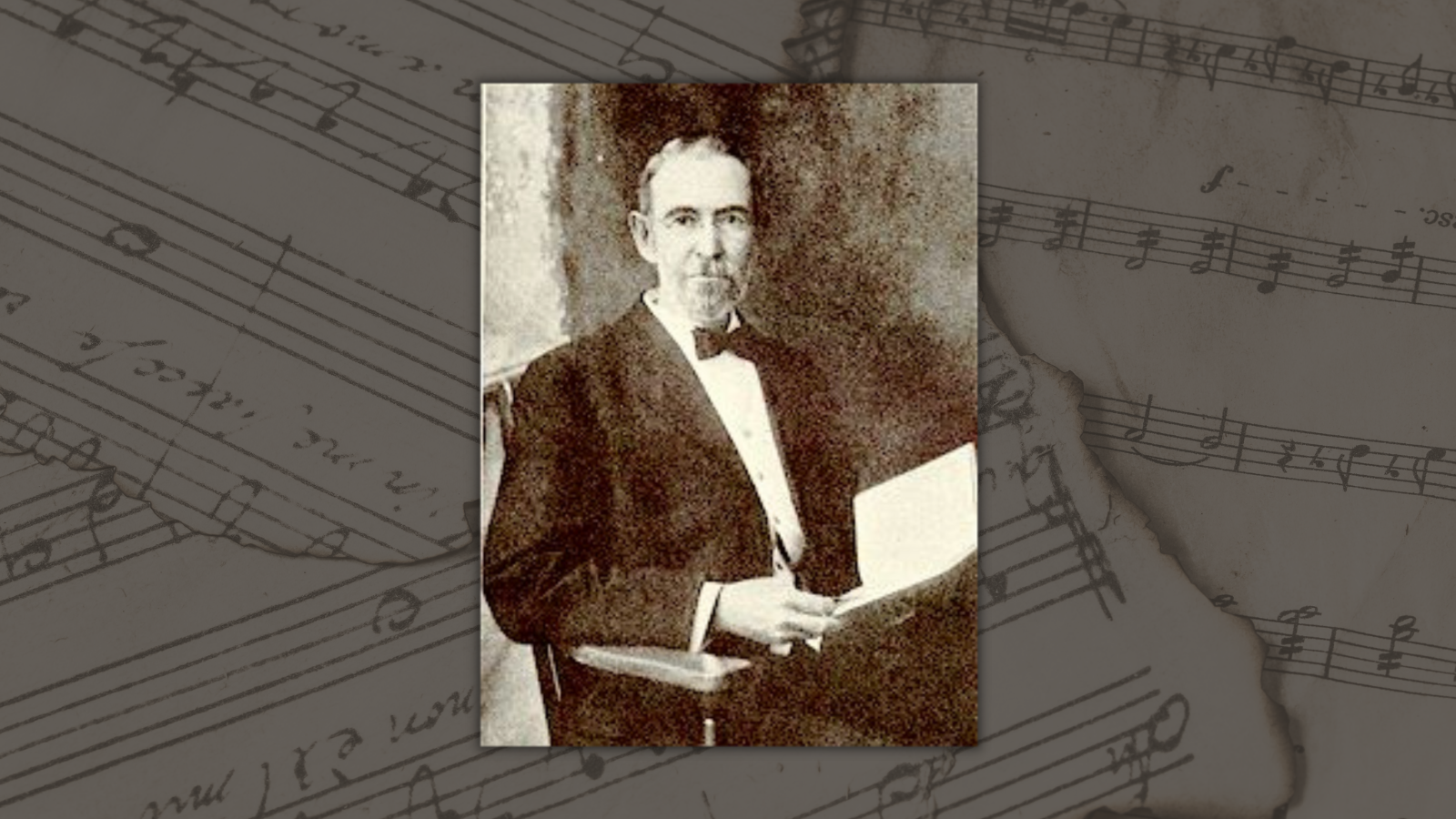
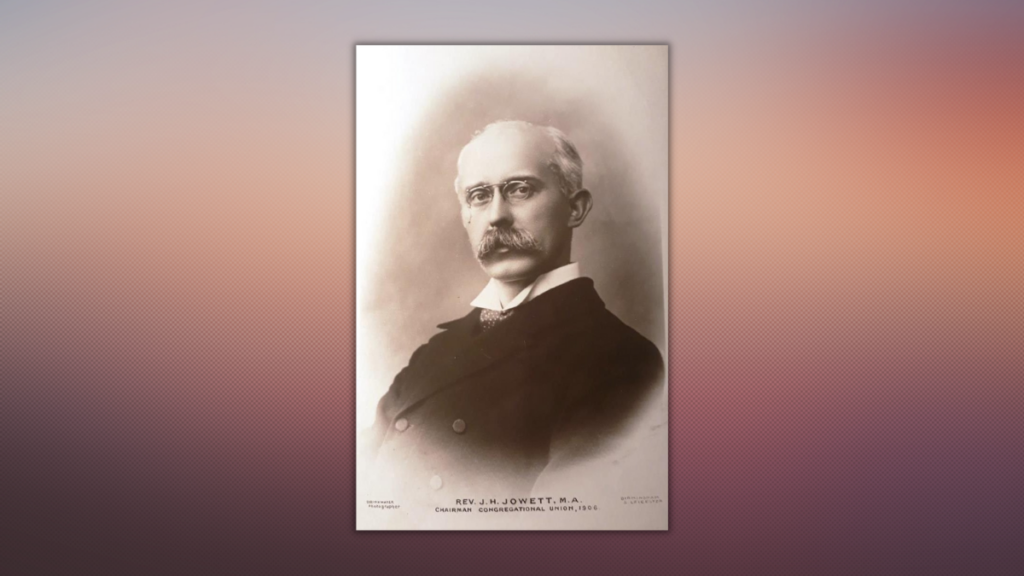
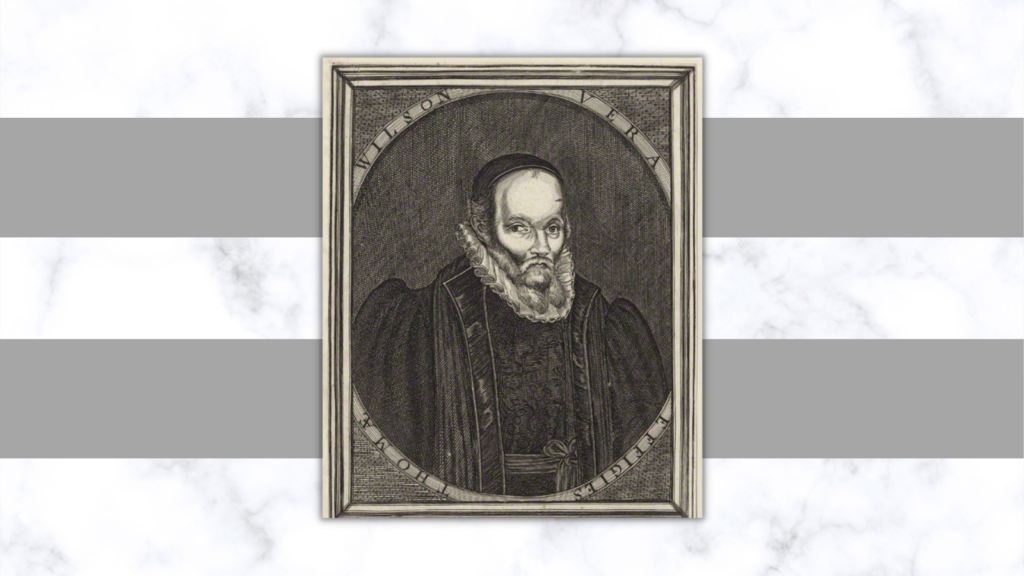
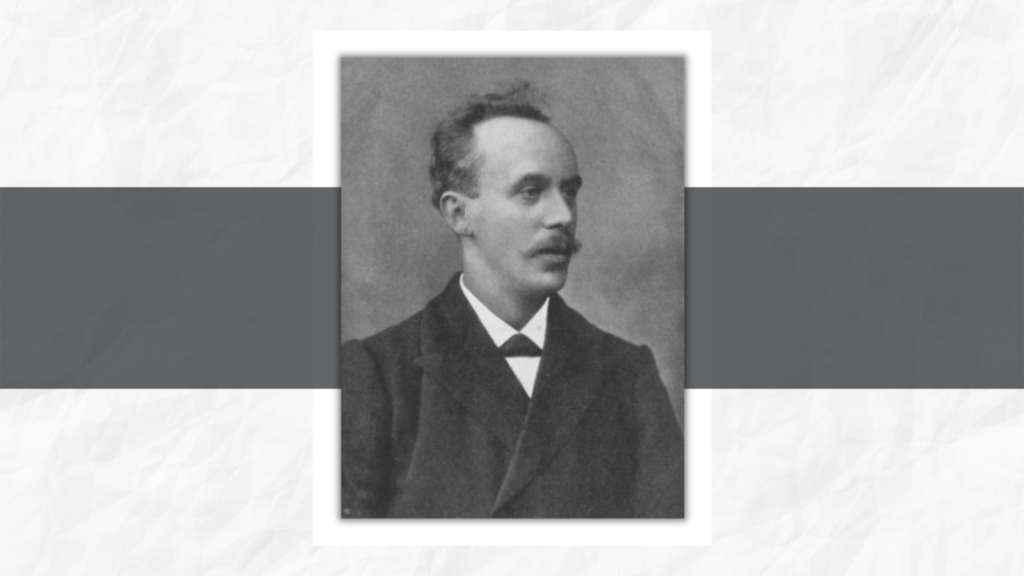
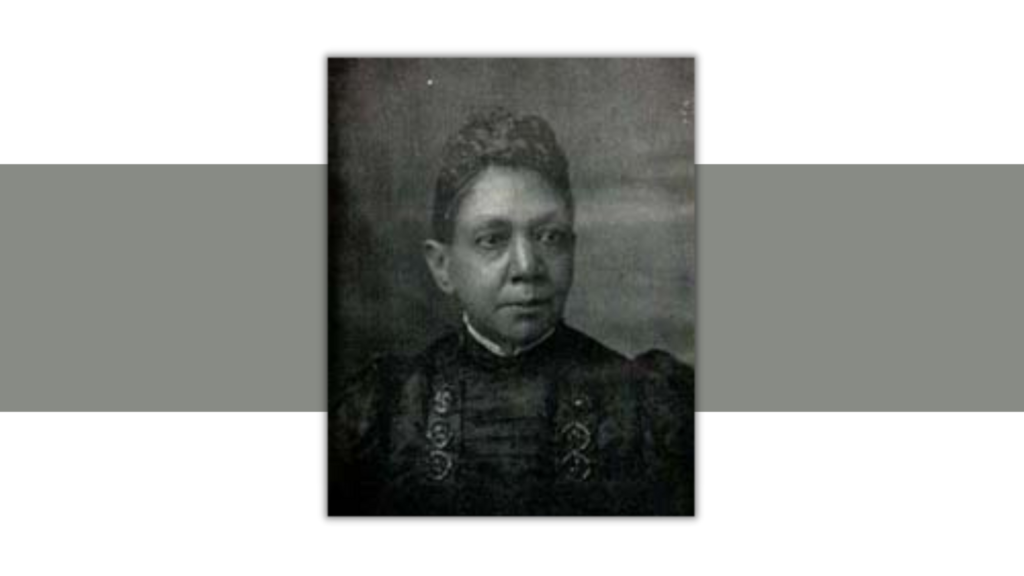
Share with others: